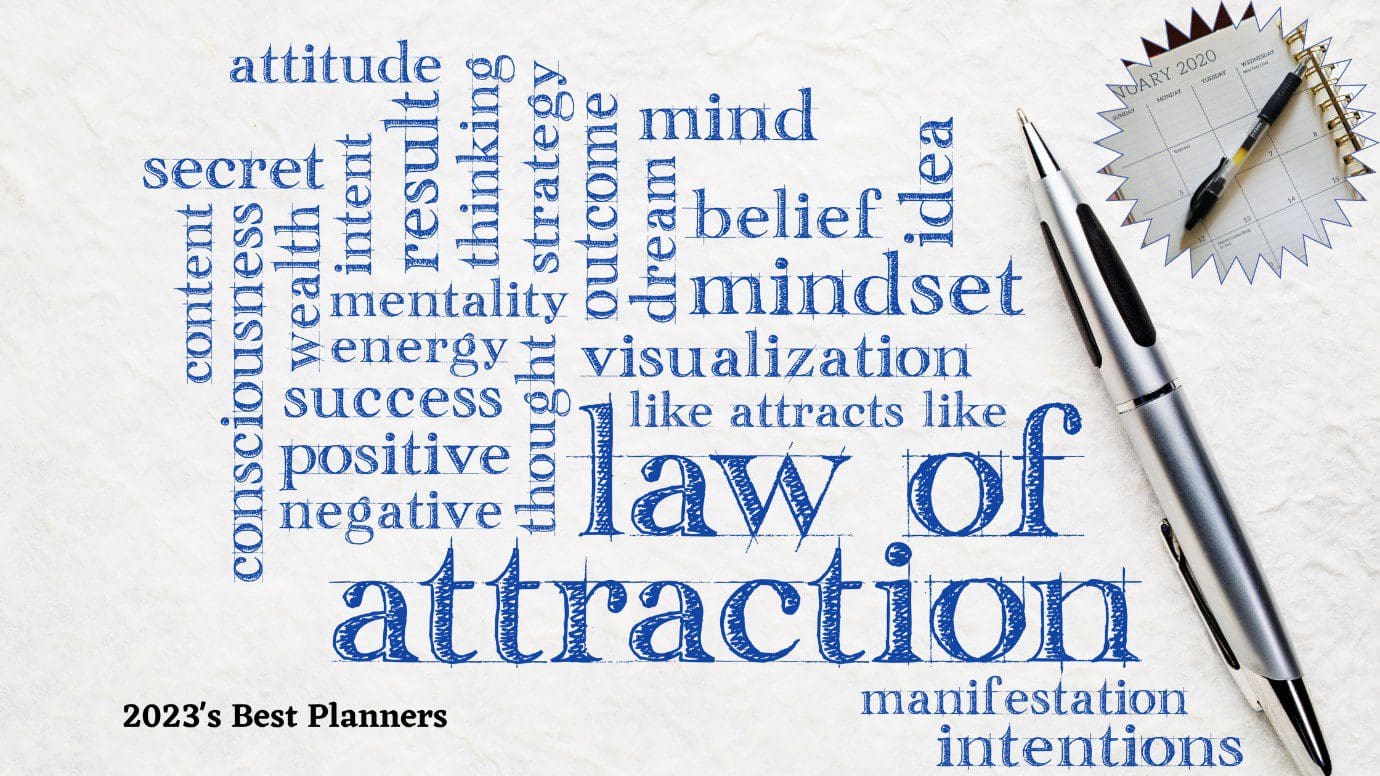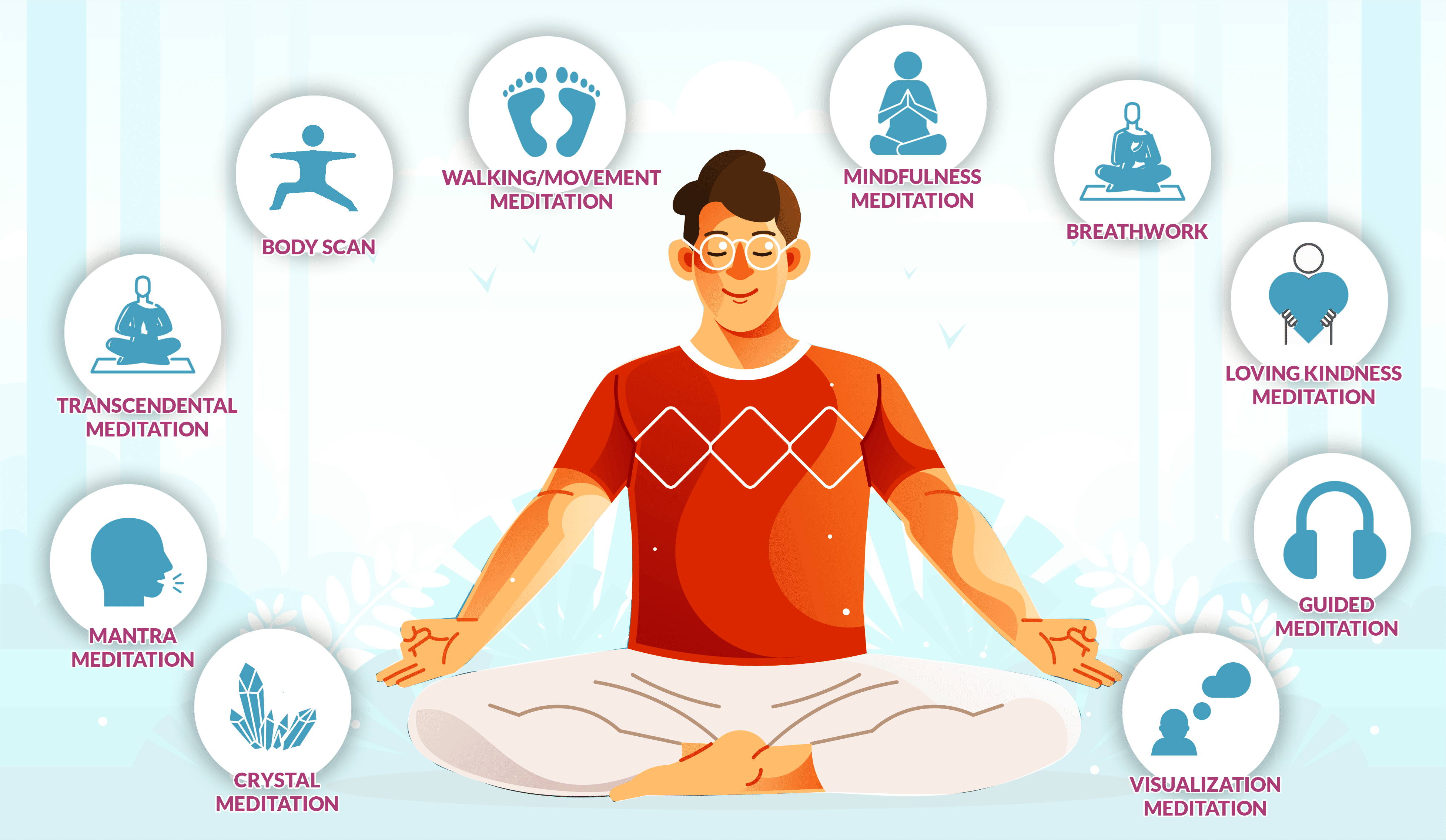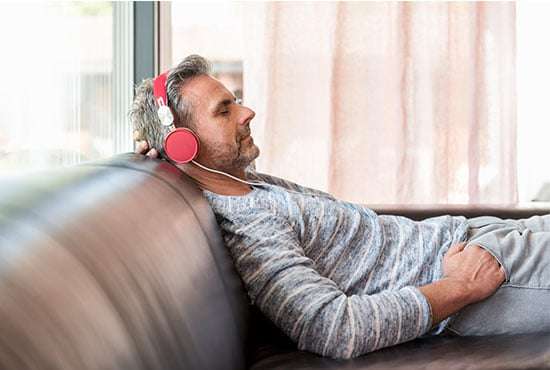
Do you know how to breathe? Ok, you’re probably thinking, this sounds like a dumb and ridiculous question right? Of course you know how to breathe – as you do it all the time, in fact! Breathing is something we do without thinking, but what if you could take control of your breathing and use it for more than just filling up the lungs with oxygen? Did you know that conscious connected breathing can improve our mood by increasing brain serotonin levels?
This leads to an improved sense of well-being which encourages mindful living in all aspects including relationships, work performance & even physical health!
So when people say they want “more out life,” this may be exactly where conscious connected breathing comes into play—helping us to be more in the flow to achieve our goals while feeling happier
So becoming aware of how you breathe and tweaking your breathing technique even a little, can help you reap amazing benefits and improve your overall health and well-being.
Conscious connected breathing is an umbrella term that refers to all the practices that involve becoming aware of your breathing and changing how you breathe.
There are many practices that can be described as conscious connected breathing, including different types of meditation, breathwork, and much more. It is a general term to describe many types of intentional breathing exercises. The core of conscious connected breathing is becoming intentionally aware of your breath.
If you have ever done a relaxation technique or meditated, you probably are familiar with a form of conscious breathing.
It can be as simple as focusing your attention on how the air flows in and out of your body or it could be more complex, which involves changing the way you breathe, so your thoughts start to slow down to a nice focused and solution paced breath as opposed to random thoughts which normally are our default system.
This conscious breath work can be part of a bigger picture, for example, using it for mindfulness meditation or be used on its own to help manage certain negative behaviors which are easily triggered.
So conscious breathing is beneficial when it comes to promoting more health and wellbeing into our life, as knowing how to use conscious breathing when stressed or anxious can help you to move more toward a solution focused calm and relaxed mindset.
It can be secular or spiritual, as many traditions use breath a lot.
And as we mentioned, it can be used for a variety of purposes, like relaxing, gaining more control over your current mindset state, and even producing deeper changes in your overall well-being and physical state.
What are the benefits of conscious connected breathing?
Conscious connected breathing has numerous benefits.
First of all, it’s an effective practice that is easy to access.
You can do it anywhere with a bit of training and it doesn’t require a lot of effort, expensive equipment, or special clothes.
In addition to this, conscious breathing is usually free of side effects, as we can all, at least, become aware of our breathing easily.

Conscious breathing can help reduce stress and tension when we are feeling it.
An advantage is that you can take a few moments to adjust your breathing almost anywhere and at anytime, so it’s a great tool for situations where you need to face something stressful as it happens.
And if you know ahead of time that you will be working into a stressful situation at work, then you can begin this conscious breathing practice a few minutes before you walk into the meeting, as it can alleviate some of the chaos running through your mindset beforehand.
It allows us to better manage negative and intense emotions like anxiety and generally acquire a greater degree of control over our feelings and inner states.
Breathing “right” improves emotional well-being and helps us reduce the negative impact of stress, especially chronic stress, which takes a toll on our body.
It can reduce heart rate and help us feel more energized and ready to face new challenges with more confidence and optimism.
It makes us more alert.
Conscious breathing techniques
There are various breathing techniques. Let’s consider a few popular ones.
• Mindful breathing

Mindful breathing is as simple as it gets.
All you need to do is focus your attention, gently and without judgment, on the way you breathe.
You don’t have to change your breathing pattern for this, just make sure that you are paying attention to it.
Focus on how you inhale and exhale, how the air enters and goes out. If you find your attention drifting, simply bring it back to your breathing with no judgment.
• Belly breathing
For belly breathing, you will become aware of your breathing patterns and can change them as you will notice your breathing pattern.
Sit or lie down comfortably and put one hand on your belly, as you put another on your chest.
Breathe in deeply and feel the air enter your body.
Make sure that your belly moves up, but that your chest stays still.
Repeat 5-10 times.

You can use belly breathing in other situations, making sure that instead of your chest moving when you breathe, your belly does.
• Box breathing
Box breathing or square breathing is another simple technique.
To practice it, you will slowly inhale at the count of four, hold your breath at the count of four, and exhale at the count of four.
Repeat as you take deep, slow breaths.
For all these techniques and more, you should pay attention to your breathing and halt if you start hyperventilating or feeling dizzy.
(It’s always important to check with your medical practitioner beforehand, to make sure that your wellbeing is healthy enough to do deep breathing exercises.)
What are the four types of breathing?
There are four different types of breathing with different effects on the body.
• Clavicular – this is the shallowest type of breathing when we do not inhale below the collar bone.
• Thoracic – thoracic breathing occurs when our chest expands to accommodate a diaphragm that does not descend. It can be shallow, but it is used in specific situations. This means breathing with your chest.
• Paradoxical – this is a rare type of breathing where the chest compresses when you inhale.
• Diaphragmatic – this is the deepest type of breathing and the best one to have as our default state. It occurs when the diaphragm lowers and pushes out the belly.
By using conscious breath, you can shift your default breathing pattern and shift towards deeper, better breathing types.• Diaphragmatic
Conscious breathing for anxiety

Conscious breathing is known to be used as one of the coping mechanisms for anxiety (depending on which type of anxiety.)
It can help you manage it on a day-to-day basis and reduce the symptoms associated with this issue.
Breathing is important for this issue because it helps us calm down on a physiological level.
When we get anxious, our breathing shifts and becomes shallower and it can get difficult for the mind to process clear informative thoughts at times.
By becoming aware of our breathing, you can change the pace of breath and calm down easily or, at least, reduce your stress significantly.
The more you practice conscious breathing, the healthier the effects you will notice.
When your breathing shifts to become more natural and deeper and when you have more control over how you breathe, it becomes easier to feel calm, serene and more in tune with making the right decision for yourself.
So when before you step into a stressful workplace environment, take a few deep breaths, calming your mind and know that you are in control of your mindset and how you want to feel during your day.
We wish you lots of positive vibes, so you can have an amazing day today.
Cho H, Ryu S, Noh J, Lee J (2016) The Effectiveness of Daily Mindful Breathing Practices on Test Anxiety of Students. PLoS ONE 11(10): e0164822. https://doi.org/10.1371/journal.pone.0164822
Heyda, A.. (2003). An Impact of Conscious Connected Breathing Training on Emotional States, The Healing Breath Journal – a Journal of Breathwork Practice, Spirituality and Psychotherapy, vol.5, no 2 p. 9-18. 5. 9-18.
Zaccaro, A., Piarulli, A., Laurino, M., Garbella, E., Menicucci, D., Neri, B., & Gemignani, A. (2018). How Breath-Control Can Change Your Life: A Systematic Review on Psycho-Physiological Correlates of Slow Breathing. Frontiers in human neuroscience, 12, 353. https://doi.org/10.3389/fnhum.2018.00353
Disclaimer: Our web pages and blog posts provide general information for general purposes only and not to be used for any medical, legal or alternative health advice for any type of physical, mental health or financial concerns.Always speak to your practitioner before embarking on any new alternative treatments. If you have concerns about any medical matters, you should always consult your healthcare provider without delay.We thank you for taking full responsibility for your own health and wellbeing in life. ☺









